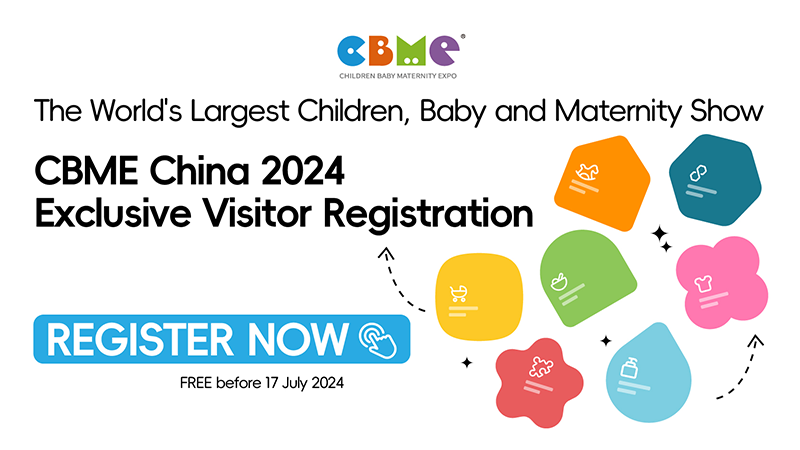Newborn babies are being tested for alcohol after researchers raised concerns about pregnant women drinking regularly.
Samples from hundreds of babies born at the Princess Royal Maternity Hospital in Glasgow are being studied for alcohol by-products.
Results suggest about 40% of mothers consume some alcohol while pregnant.
However, the British Pregnancy Advisory Service said pregnant women "need support not surveillance".
The study found that about 15% of women drink more than one or two small glasses of wine a week during pregnancy.
The Scottish government warns that drinking in pregnancy can lead to long-term harm to the baby. And the more alcohol consumed, the greater the risk.
Developmental Problems
Previous research found that even moderate drinking during the earliest months of pregnancy may be damaging.
The latest study is funded by the Glasgow Children's Hospital Charity.
It will take 750 samples of meconium – the first faeces of a newborn – to look for high levels of alcohol by-products.
Mothers will also be asked to complete a lifestyle questionnaire.
The occasional drink will not be highlighted by the study, researchers said.
It is hoped the work will lead to reducing the effects of foetal alcohol syndrome, a condition where children suffer developmental problems because their mothers drank during pregnancy.
Consultant neonatologist Dr Helen Mactier, who is leading the research, told The Herald newspaper: "Alcohol consumption in pregnancy is almost certainly contributing to a lot of learning disability in Scotland and learning disability is associated with poor school performance and criminality in the long term."
Dr Mactier said mothers from all walks of life were involved in the study.
She added: "There is an assumption that all problem drinking in pregnancy is associated with poverty and there is no evidence to confirm that.
"It is much easier to conceal problem drinking if you are affluent and if you are clever."
Dr Mactier said the 15% figure from the initial tests was more concerning.
Speaking on BBC Radio Scotland, she added: "We collected over 200 samples and these were analysed for fatty acids ethyl ester and a much newer metabolite, ethyl glucuronide.
"We found ethyl glucuronide in 15%, and from literature recently published from America that would suggest that about one in seven women are drinking around about four or five drinks of alcohol several days a week, which we would consider significant alcohol."

'Pregnancy Policing'
Dr Mactier said: "I think we're very well aware that women commonly under-report alcohol consumption in pregnancy. They are scared of repercussions and of being stigmatised and alcohol consumption is normalised in the west of Scotland particularly.
"What one person considers a small drink could be considered a larger drink by someone else. I would concur with the chief scientist's message that women should not be drinking at all in pregnancy."
The British Pregnancy Advisory Service said the study was "a worrying development in what is now the increasing policing of pregnancy".
A spokesman said: "It is known that consuming large quantities of alcohol throughout pregnancy can result in lifelong learning disabilities, but little evidence of this at lower levels.
"It is unclear how the information gathered in this study will be used, and whether this will set a precedent for more widespread testing of babies – in order to 'test' their mothers' claims of how much drank while pregnant.
"The growing trend towards monitoring pregnant women, and blaming all issues that children face on their mothers' behaviour in pregnancy, is something that should concern all of us involved in women's reproductive healthcare and advocacy."
source: bbcnews






